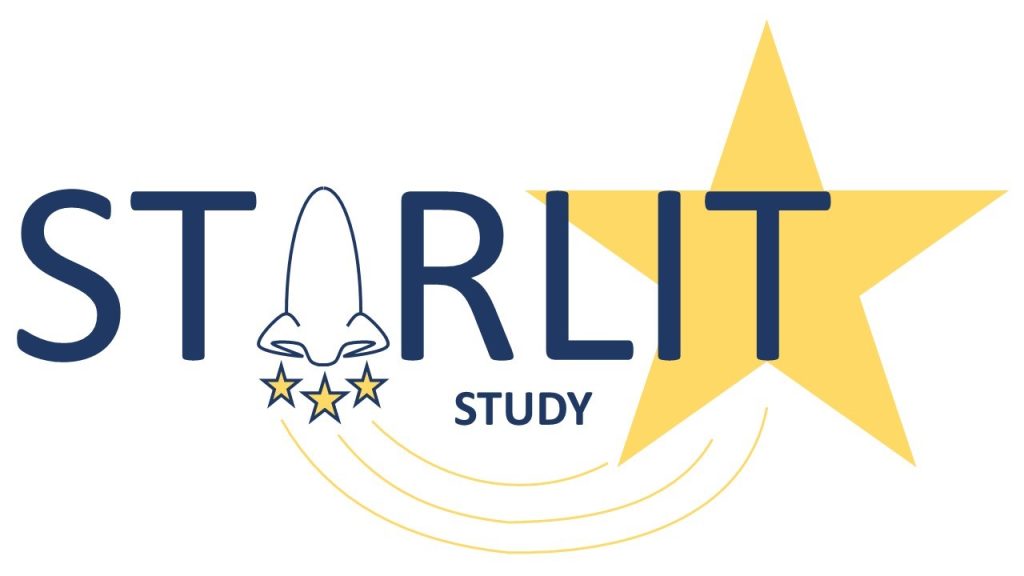
Study Design: CTIMP
Disease Area: Endocrinology
Funder: Medical Research Council
Sponsor: Sheffield Children’s NHS Foundation Trust
Chief Investigator: Dr Charlotte Elder
Trial Registration: ISRCTN62724177
Salivary Test of Adrenal Response to Liquid Intranasal Tetracosactide (STARLIT)
Summary
The adrenal glands produce cortisol, an essential hormone which is released as part of the body’s stress response and helps to control blood pressure and blood sugar levels. Adrenal insufficiency (AI) describes the inability of the body to produce adequate levels of cortisol which, without treatment and replacement cortisol, can lead to serious illness and death. The Short Synacthen Test (SST) is the most popular diagnostic test for AI worldwide. Synacthen (also known as tetracosactide) is a drug which stimulates the adrenal glands to produce cortisol. The SST requires intravenous cannulation and blood sampling before and after the Synacthen is given. A non-invasive, needle-free alternative to the SST has been developed, the Nasacthin test, with the tetracosactide is given nasally via a spray and the resultant cortisol and cortisone (the salivary equivalent to cortisol) response measured in saliva samples.
What we plan to do
The STARLIT (Salivary Test for Adrenal Response to Liquid Intranasal Tetracosactide) programme aims to develop and clinically validate the Nasacthin test for the diagnosis of adrenal insufficiency.
There are 3 parts to the STARLIT programme:
Starlit 1
Will assess if there are big differences in blood and saliva cortisol levels in the same individual when samples are taken very close together.
Starlit 2
Will compare the blood sample Synacthen test to the needle-free Nasacthin test in healthy adults and children
Starlit 3
Will look at the effectiveness of the needle-free Nasacthin test in patients with adrenal insufficiency

